Choosing effective ware-washing kit depends on parameters including the bakery needs, hardness of water and the machine’s potential longevity.
No baker wants to open a ware-washer to find it hasn’t cleaned the trays properly – forcing a business to repeat the wash or divert production staff to hand-washing. On the flipside, bakers also don’t want to invest in a piece of kit too large or sophisticated for their needs.
With ware-washing machines coming in a wide range of sizes, shapes and prices, the selection of the right kit is a potential minefield. But choosing equipment is all about tailoring it to your business, suggests Paul Crowley, marketing development manager at manufacturer Winterhalter.
“One piece of advice we would give to anybody thinking about investing in one of these pieces of equipment is to work out what their busiest time of day is and what they’re going to be washing at that time,” says Crowley, adding this will ensure the machine can cope with that peak demand.
Hobart Warewashing UK sales director Tim Bender echoes this view, pointing out that a machine that regularly needs to be emptied and refilled can ultimately cost an operator more in the long run than purchasing a pricier machine at the outset.
Another consideration is the space a machine takes up, including whatever system is being used to transport the items being cleaned. In some cases, trolleys containing dirty trays and equipment can be loaded directly into a washer.
Winterhalter, for example, makes three different types of machine: an under-counter machine that looks like a domestic dishwasher and is appropriate for a small bakery; a utensil washer that would suit a larger bakery business producing a variety of sweet and savoury items, using larger mixing bowls, pans and trays. These often have a pre-soak function for tough stains and residue such as sticky dough; and a multi-tank washer that is suitable for a plant bakery and could be between five and 25 metres long.
Buyers must also consider the basic requirements, including access to a drainage system and water supply and the hardness of the water in the area, as hard water can potentially damage a machine. Hobart, for example, supplies water-softening equipment that protects machines and extends maintenance intervals and service life, while suppliers may also offer specialist training on water treatment.
Another factor determining a machine’s effectiveness is the choice of chemical – get it wrong and efficiency can suffer, warns Crowley. “What happens if you choose the wrong quality of chemical? The baker is going to find they are washing things two, three, four times and perhaps even reverting back to washing by hand,” he says. “And that’s not what they’re investing in.”
One payment option is a lease purchase, enabling costs to be spread out.
“There are definite advantages to a lease purchase, particularly if you’re a limited company because of the tax relief benefits on it,” explains Jeros UK brand manager Ray Penfold. “It is cheaper over a number of years to lease than buy outright.”
Adopting a payment plan can enable businesses to afford the high-spec machine they require – rather than settling for the one they think they can afford, suggests Bender at Hobart. “Upgrading to state-of-the-art equipment can have far-reaching benefits for utility usage, not to mention the purchase of a machine built to last,” he adds.
Moreover, bakers must also consider maintenance to extend the lifespan of the equipment. If the manufacturer’s guidelines are followed, a regularly serviced machine that is cleaned down properly at the end of the day could last up to 20 years, says Crowley. “It’s like anything – you look after it and it will look after you,” he adds.
Automating oven cleaning
Automated cleaning is all about saving time, creating efficiency and ensuring the production process is as hygienic as possible. And this can apply to ovens just as much as the tins and trays.
Rational UK Self Cooking Center combi ovens have a range of cleaning settings to reflect the way an oven has been used. The oven can also perform fast or short cleaning cycles, and can be set to clean overnight.
“Combi ovens are incredibly versatile, but like any equipment that uses water, they need a water treatment system and regular descaling,” explains Rational UK managing director Simon Lohse. Rational has tried to mitigate this by adding a water softening system and descaler to its combi ovens.
Lohse says the key to buying a self-cleaning oven is to tailor it to the business and get a “simple, fast system”, especially if the bakery is preparing products that need cleaning between batches.
Miwe, which is supplied in the UK by EPP, offers the fully automatic Cleaning Control system with its ovens.
This has two cleaning stages for different levels of soiling to save on the amount of cleaning agent used, as well as water
and electricity. A cleaning cycle takes about 55 to 98 minutes, depending on the level of intensity.
Another feature is auto-start technology, so the oven can be cleaned overnight, outside business hours, and the user can take advantage of residual heat from the cleaning process for heating up the oven during the first bake of the day.
Miwe has also developed the Everclean system, available initially on the Aero e+ convection oven, which means the cleaning agent only needs to be refilled by the Miwe service team when it does its regularly recurring maintenance work.
“This means that Miwe customers can forget about everything that has anything to do with their convection oven’s cleaner,” says the manufacturer. “There is no need to keep an eye on the remaining amount or provide a timely refill.”
Meanwhile, Mono has launched the BX-Eco-Wash convection oven that it says is capable of de-odourising and de-greasing in 35 minutes. “With five self-wash programmes to choose from, it allows a business to get away from the need to invest in an expensive combi oven or two separate ovens,” adds Mono.
Don’t falter on filters
When buying ware-washers, careful consideration should be given to the filtration systems to ensure food debris and particles are easily collected and disposed of, advises Target Catering Equipment managing director David Pedrette.
Filtration systems help to avoid debris going into the drain, where it might cause costly blockages. “Ideally, the machines should come equipped with specially shaped interiors that are easier to clean and have end-of-normal-use wash/rinse cycles,” he says.
Pedrette adds that the water entering the machine and the chemicals used to break down dirt and debris should go through optimised filtration filters and water softeners. “Most ware-washing suppliers offer chemicals that pair with a specific machine, which should always be the preferred choice.”
Finally, beware of the “fatberg”, he says. “Make sure the machine doesn’t allow fats, oils and grease to enter the sewerage system as this can be devastating. The model should be fitted with a grease interceptor and separation system, which removes fats, oils and grease from the machine’s drain waste.”

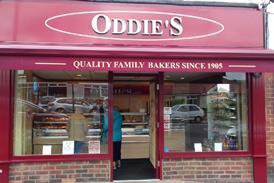

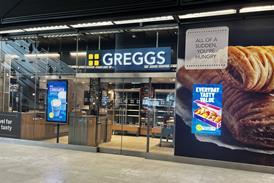




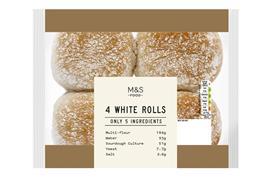



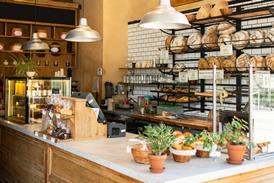


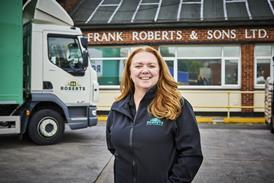
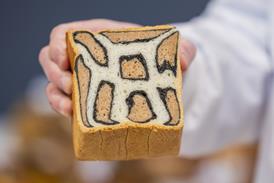


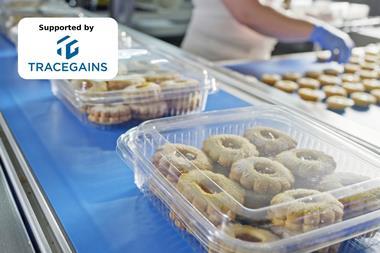

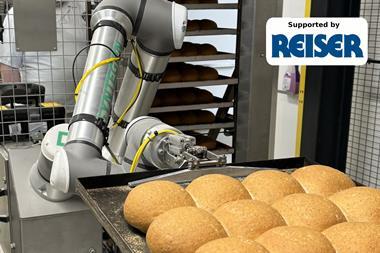
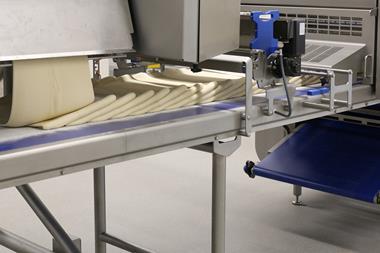
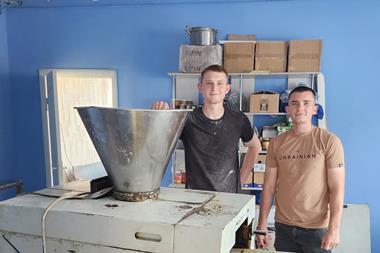
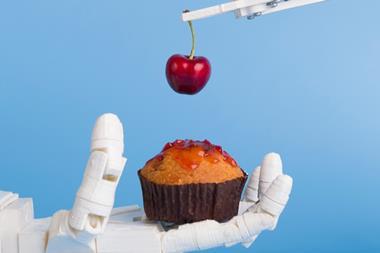

No comments yet